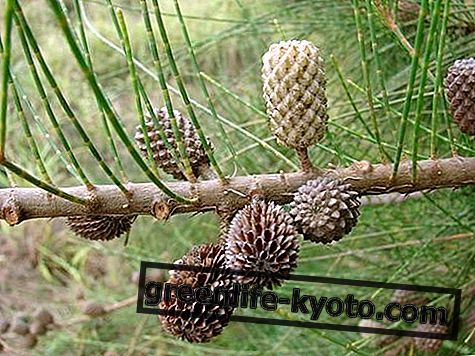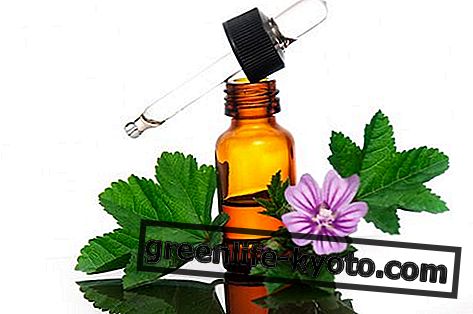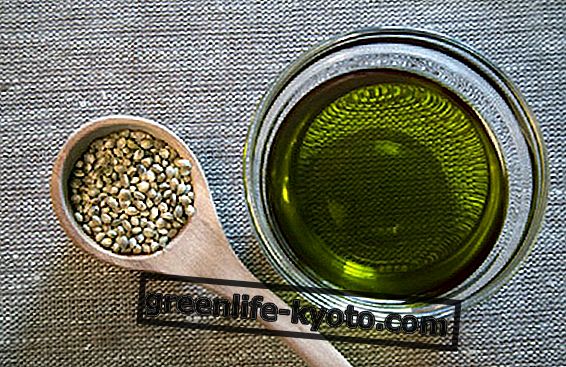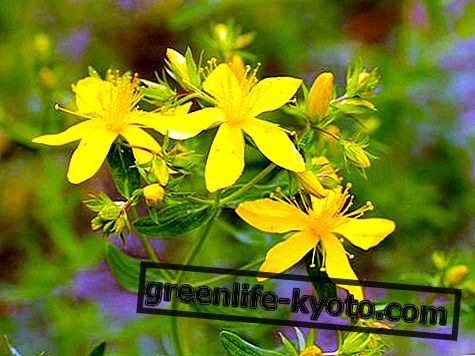Garcinia ( Garcinia cambogia ) is a plant of the Clussiaceae family native to the forests of south-east Asia and areas of tropical climate in southern India. It carries out a fat-burning action, is useful for regulating cholesterol and blood sugar levels, and produces an orange-brown rubber resin once used as a powder pigment. Let's find out more about the characteristics and side effects of garcinia .

Garcinia: characteristics and properties
Garcinia cambogia or Garcinia gummi-gutta is a small evergreen woody plant with unisexual and axillary flowers . The leaves are dark green and have an elliptical or oval shape. The fruit, however, can resemble a small yellow pumpkin.
Garcinia is known above all for its fat-burning action, due to the presence in the skin of pectins and hydroxycitric acid (HCA). These compounds are able to inhibit the enzyme ATP citratoliasis, of enormous importance in the metabolization of fats.
Furthermore, hydroxycitric acid blocks the synthesis of acetylcoenzyme A, an energy substrate used by the body for the synthesis of cholesterol and other lipids. The intake of garcinia, therefore, also allows to reduce the levels of cholesterol and triglycerides in the blood.
Garcinia, avoiding the accumulation of adipose tissue, is recommended in case of obesity due to its slimming property and adjuvant in weight control and dietary diets.
Side effects of Garcinia
Garcinia has no contraindication or particular side effect . In any case, since its use as a medicine is recent, it is always advised to take it with caution in case of pregnancy and lactation, and to consult a specialist before taking it.
You might also be interested:
> Lose weight with garcinia
> High cholesterol, 3 remedies to the rescue
> Slimming herbs: what they are and how to use them













